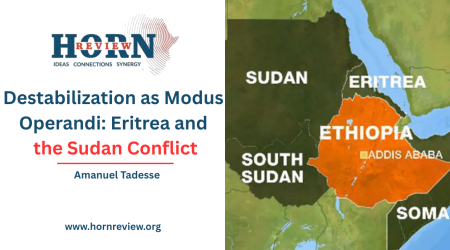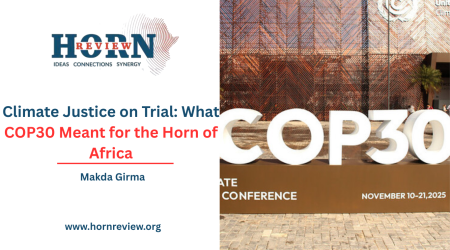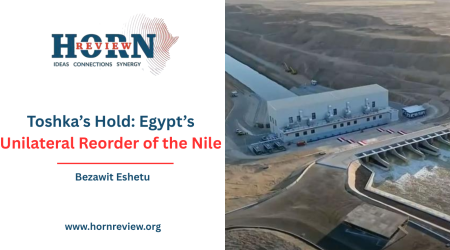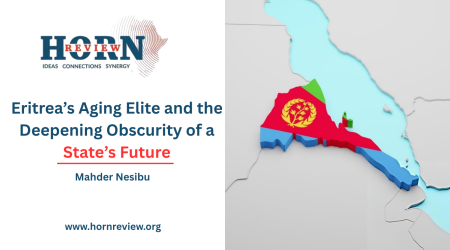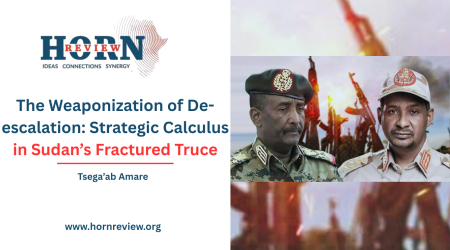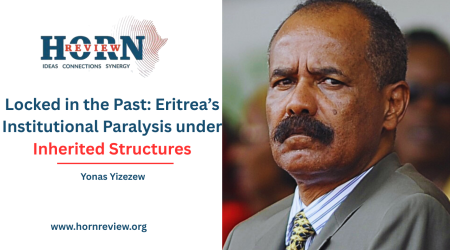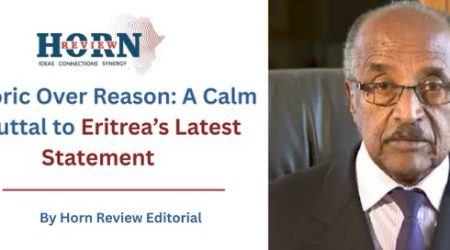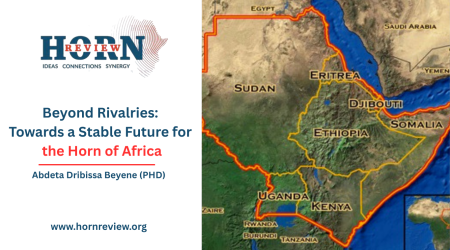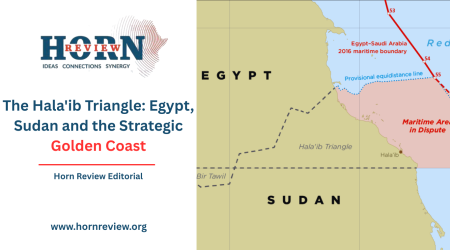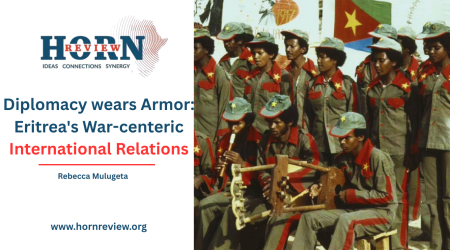
31
May
Strategic Alignment and Regional Stakes: Understanding the UAE’s Engagement in Sudan’s Conflict
The ongoing conflict in Sudan, now entering its second year, continues to exact a devastating toll on the nation and its people. At the heart of the crisis is the power struggle between the Sudanese Armed Forces (SAF), led by General Abdel Fattah al-Burhan, and the Rapid Support Forces (RSF), commanded by Lieutenant General Mohamed Hamdan Dagalo, commonly known as Hemedti. The outbreak of hostilities in April 2023 stemmed from unresolved disputes surrounding the integration of the RSF into Sudan’s regular armed forces—a central issue in the country’s post-coup transitional framework.
While the conflict began as an internal contest for authority within the military apparatus, it has since evolved into a more complex crisis shaped by regional interests and external involvement. Among the international actors with a significant stake in Sudan’s future, the United Arab Emirates (UAE) has emerged as a central player. Its role, though the subject of much analysis and speculation, reflects a calculated effort to protect its strategic and economic interests while navigating a volatile and rapidly shifting political landscape.
The UAE’s involvement in Sudan did not originate with the current conflict. During the tenure of former President Omar al-Bashir, Abu Dhabi maintained a pragmatic relationship with Khartoum. Though al-Bashir’s government faced international scrutiny – including an indictment by the International Criminal Court for alleged crimes committed in Darfur – the UAE continued to engage diplomatically, largely in pursuit of regional stability and to counterbalance Sudan’s then-growing ties with Iran.
Following the wave of uprisings associated with the Arab Spring, the UAE recalibrated its regional policy. Emphasizing political stability and the containment of political Islam, Emirati policy makers began to shift support away from actors they viewed as ideologically unpredictable. In this context, the RSF, with its command structure and operational autonomy, presented a viable partner. Hemedti’s forces had gained prominence not only for their military capabilities but also for their expanding economic influence – particularly in Sudan’s lucrative gold sector.
After the 2019 ousting of al-Bashir and the subsequent transitional government led by Prime Minister Abdalla Hamdok, hopes for a civilian-led path forward were met with cautious optimism. However, persistent institutional weaknesses and competing visions for the country’s future culminated in the military-led coup of October 2021. Though the UAE did not explicitly support the takeover, its subsequent diplomatic posture and continued engagement with key figures within the RSF suggest a preference for a controlled, military-guided transition that would preserve regional equilibrium and limit the influence of ideological movements.
Since the onset of active hostilities in 2023, reports have indicated that the UAE has maintained ties with the RSF, including allegations of material support. While the UAE has not publicly confirmed these claims, the strategic rationale for such an alignment is evident. Sudan’s geopolitical location – bordering the Red Sea and situated at the nexus of the Middle East and the Horn of Africa- makes it a significant arena for regional competition. Additionally, the RSF’s control over key trade routes and gold mining operations provides tangible economic incentives for external actors seeking access to resources and influence.
At the same time, this engagement carries considerable risk. The humanitarian situation in Sudan has deteriorated rapidly, with millions displaced, severe food insecurity, and the collapse of essential infrastructure. International organizations have expressed concern that continued support for armed factions could undermine peace efforts and prolong the suffering of civilians. For the UAE, a protracted conflict or a decisive defeat of the RSF could jeopardize existing investments and reduce its future influence in Sudanese political and economic affairs.
Moreover, a political transition that favors alternative regional powers, such as Qatar or Turkey, could realign Sudan’s foreign policy and marginalize Emirati interests. Potential shifts in bilateral agreements, investment frameworks, and access to strategic resources – such as gold and agricultural land – would further complicate the UAE’s position in the region. These developments could also draw renewed scrutiny from the broader international community, particularly Western partners emphasizing conflict resolution and human rights.
Despite these challenges, the UAE’s posture in Sudan must be understood within the broader context of its regional strategy. By aligning with actors capable of delivering immediate stability- however imperfect – Abu Dhabi seeks to protect trade routes, suppress extremist threats, and secure economic partnerships. Whether this approach will yield long-term stability or contribute to further fragmentation remains uncertain.
As Sudan’s crisis deepens, the implications of external engagement grow more profound. For the UAE, the outcomes of this conflict will not only determine the fate of its investments and alliances in Sudan but also shape its broader standing as a regional power navigating the intersecting challenges of diplomacy, security, and economic ambition in an increasingly multipolar world.
By Saron Zeamanuel, Researcher,Horn Review

